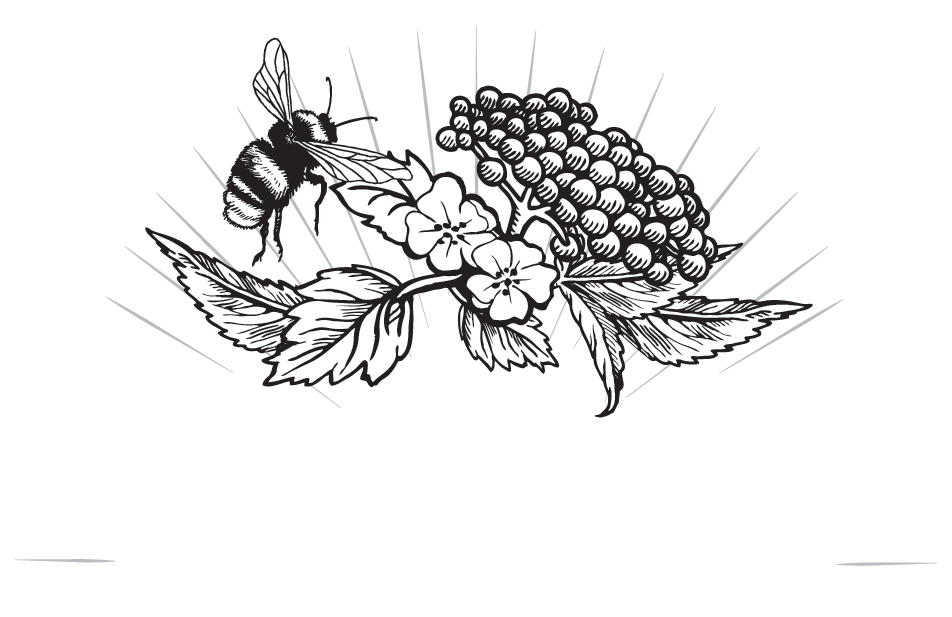Image by Indigenous Action Media
Ask First!
Better Practices for Indigenous Engagement for Events and Beyond
Gatherings * Festivals * Conferences * Action Camps * Ancestral Arts * Protests * Ceremony * Water & Land Defense * Climate & Environmental Justice * Antiracism * Human Rights * Sacred Sites * Herbal Medicine * Permaculture
Contents:
PROLOGUE - Letter from an organizer author:
Introduction
Basics 101:
Getting Started
Identifying Ancestral Territory
Community Consultation
Identifying Local & Regional Indigenous Reps
Cultural Humility
Considering Protocols
Building Relations
Cultural Appropriation
Privilege & Shifting Structural Power
Some examples for practical application
What Not To Do
Encouragement & Action
Resources
Definitions
A Work In Progress. Contact Info
This document is a draft. You can find it here as a google document.
PROLOGUE - Letter from an organizer author:
Hello all,
This document was written as a response and intervention to the harmful impacts that music festivals, festival culture and other events are having on Indigenous Peoples, and their lands of which events are held. As these events and subcultures exploded in popularity, so did the normalization of erasure, tokenization, and exploitation, to name a few, of Indigenous Peoples (as well as Black and all People of Color but this document has a focus on events based on Place, on ancestral lands of which they are held. This awareness has not even been on the radar of most event producers nor have the protocols and consultation process with Indigenous Peoples whose territory that an event is held. It became apparent that some groundwork was needed to be laid.
‘Ask First!’ was a collaborative effort that grew out of many years of discussions, call-ins, call-outs, straight up interventions, and from our relationships with one another. What we’re doing is not new but is a continuing legacy of honoring ancestral relationships. We don’t seek to place ourselves as experts but as people have been informed by our experiences and Indigenous-led guidance. It’s what prompted us to speak up because this matters. A lot. In more ways than many of us can imagine! This DRAFT emerged out of a growing awareness of society’s responsibilities as guests and settlers on stolen Indigenous lands. It offers a foundation, or basics, to work from because this labor, (especially when it’s unpaid) should not fall on the shoulders of Black, Indigenous, People of Color. These basics need local indigenous consultation, period.
Anytime an event is being planned - especially those that are social or environmental justice oriented, if it’s about the land, or those that ‘honor’ Indigenous spirituality and more (a latest trend in festival culture is Indigenous Cosmology) - then *local* Indigenous consultation (not just figureheads flown in from far away or ‘exotic’ lands) is to be at the organizing table from the inception. An example that only comes from consulting with Indigenous leaders is state government-to-government Tribal Consultation Procedures and the California Native American Heritage Commission carries a most up-to-date Native Nation Contact List. Information like this is crucial and it comes from local Indigenous consultants who are part of their community on those lands. This example begs the question about what else is there to consider? This document offers some basics to consider but Asks, what else is there to consider?
These guidelines are currently directed towards mainly non-native event producers but can also be used to educate event participants about Better Practices to hold event producers accountable according to local Indigenous standards and protocols of the territory.
Due to an unfortunate chain of events this document ended up not getting full participation as promised so it ended up sitting quietly and 'collecting dust'. It did not feel right to sit on it so upon request it was released in hopes of it serving as a helpful tool.
It couldn’t have been possible without the critical input and valuable contributions from mentors, friends and comrades (So far all women by the way). Indigenous consultants provided direction and shape to the process set out in it. Without this input it would have looked very different and been a less useful document. Acknowledgement and deep gratitude to the friends and comrades who participated in editing it, without whom this would not have been gotten nearly as far. Please do not use this document without crediting it or it’s writers. Questions, comments, and concerns are welcomed however please know that we are not a group, and may not be equipped to get back with you in a timely manner. It is open source and users may copy and redistribute the material in any medium or format under the following terms: You must give appropriate credit, provide a link to the license, and indicate if changes were made. You may do so in any reasonable manner, but not in any way that suggests the licensor endorses you or your use. Email: askfirstguide@gmail.com
Thank you for taking the time to read this. This prologue was written as an act of accountability and with humility. For contributors names, see the end of this document. - Dixie Pauline
This document is a draft. You can find it here as a google document.

